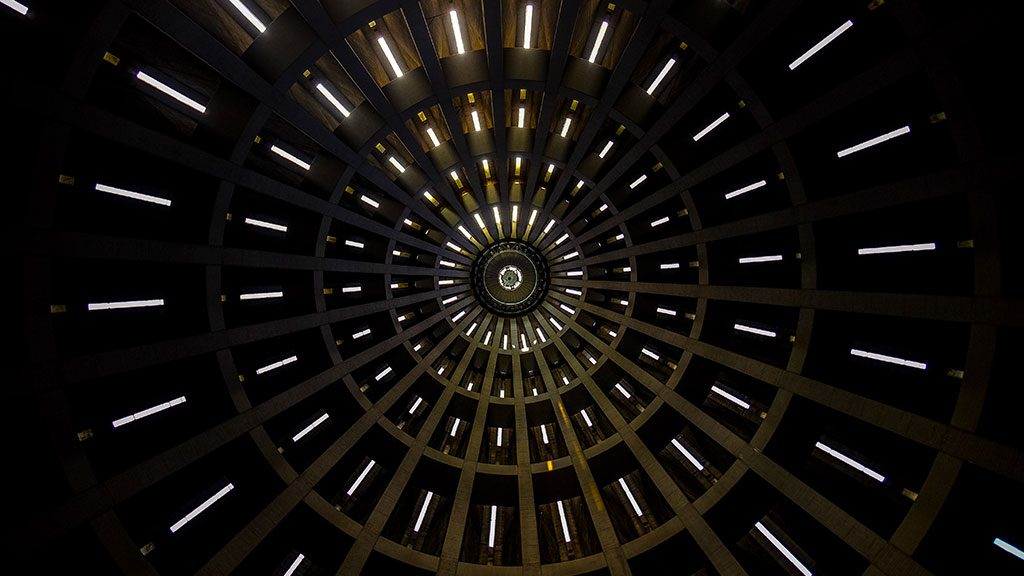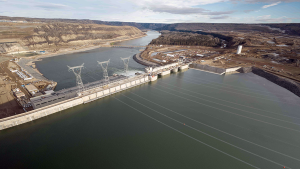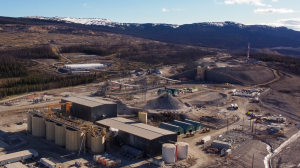NELSON, B.C. – A picturesque mountain town in British Columbia’s Kootenay region is adding smashing atoms to its list of attractions.
Dehnel-Particle Accelerator Components and Engineering, also known as D-Pace, is located in Nelson, B.C. and has won two contracts to build ion source facilities, a form of particle accelerator which can be used to produce medical isotopes and other nuclear materials.
Particle accelerators such as the facilities at CERN in Switzerland can stretch for miles in order to fire particles at each other and study their reactions but any facility begins with an ion source, D-Pace chief technology officer Dave Potkins said.
“Even at the CERN level, you start with an ion source to get the ball rolling,” Potkins said. “The projects we have going on right now are used as an ion source testbed, and they would fit in a large living room.”
While the devices don’t take up a substantial amount of room, there are many building conditions that must be met in order to ensure safety and accuracy.
“We work with beam energy so you need to worry about X-rays and about lead shielding to block X-rays,” he said.
“You need to shield the ceilings and walls and in bigger buildings you’d have to shield the floors,” Potkins added.
If the facility is used for nuclear medicine then the intent is to create nuclear reactions so surfaces must be treated to keep neutrons from escaping, he said.
“Vancouver Hospital has a cyclotron to make isotopes with big thick concrete walls with boron compound to absorb neutrons. CERN is a whole different ball game,” Potkins said.
While the D-Pace devices won’t be used for that purpose, he said, the equipment does operate at higher-than-normal voltages.
“The power supplies are floating at 50,000 to 100,000 volts and to talk to the equipment at that high a voltage, you have to use fibre optics,” he said.
Buildings housing particle accelerators have to be constructed to a different standard than residential and commercial structures, he added.
“Typically these things are on a heavy metal frame and use laser trackers and other surveying equipment to get everything accurately located,” Potkins said.
“Nelson being a smaller place means we’re a little bit shorter of industrial buildings, but we lucked out it as there was a campus building slated to be demolished, and that gave us a chance to save the building and use it for our purposes,” he said.
Power systems had to be upgraded, and the building’s systems also have to operate under high vacuum, he added, along with interlocks to make sure personnel “aren’t in the wrong place at the wrong time.”
While the accelerators are being built in Nelson, B.C. usually facilities using particle accelerators and sourcing ions are located in big cities for a variety of reasons.
“We’re here because the principals who started the company wanted to stay here,” Potkins said.
“Research based accelerators are based in cities near universities, and in the case of medical accelerators it’s close to transportation hubs. You can create isotopes and ship them out immediately as the half life of these materials is half a day,” he added.











Recent Comments
comments for this post are closed